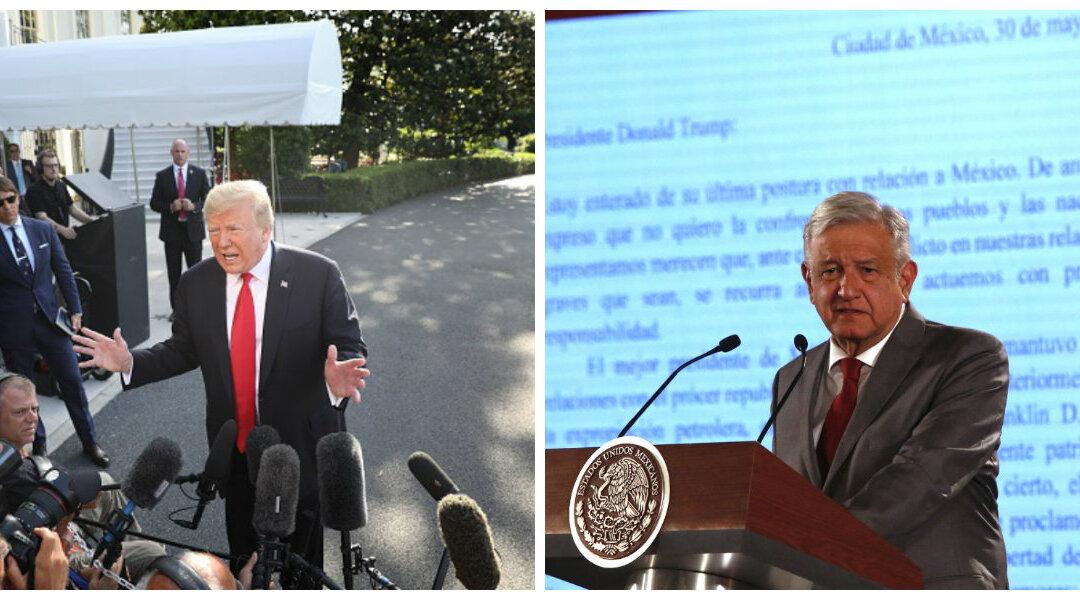A top Mexican official is scheduled to meet with U.S. Commerce Secretary Wilbur Ross in Washington on June 3, two days before a previously planned summit between the two neighboring countries to discuss newly imposed tariffs on Mexican goods.
The high-level discussions will start earlier than scheduled, after Mexico’s economy minister, Graciela Marquez, announced details of a meeting with Ross in a June 2 post on Twitter. Accompanying her post was a photo of her standing next to Ross. The pair had met while attending the inauguration of El Salvador President Nayib Bukele.





